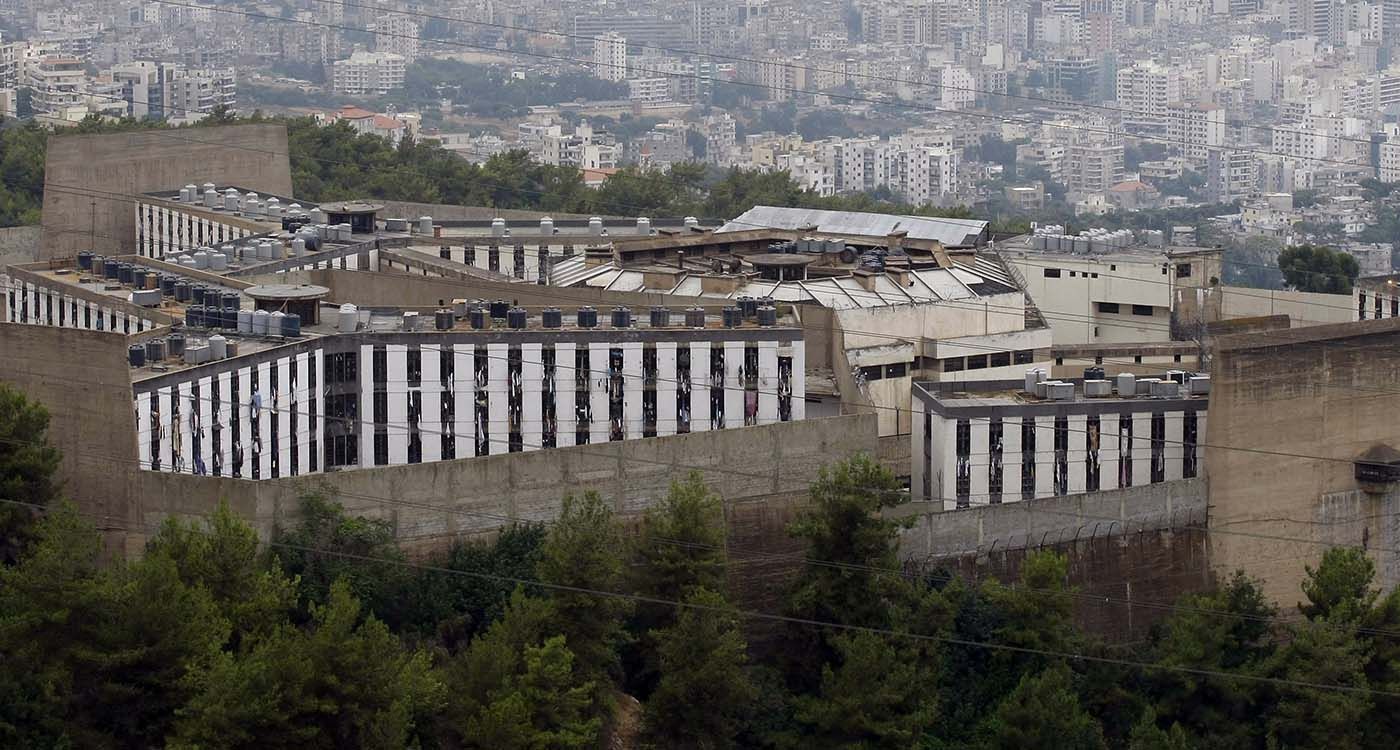
Juvenile detainees in Lebanon are generally between 12 and 18 years old. Some are arrested for minor offenses, such as stealing a phone or reasons linked to homelessness, while others face more serious charges related to organized crime or national security.
For years, these children shared the daily life of adult inmates at Roumieh, Lebanon’s most overcrowded prison. They were confined to a separate block, but still within a prison system entirely designed for adult men. Since May 2025, their situation has changed. Juvenile detainees have been transferred to the new rehabilitation center in Warwar, Baabda, a facility specifically built for minors in line with international standards, Colonel Joseph Moussallem, the head of public relations at the Internal Security Forces (ISF), told This is Beirut in an interview.
This long-awaited move, more than 20 years in the making and first launched in 1999, marks a significant milestone. Yet it does not resolve all the contradictions of a justice system struggling to balance punishment with rehabilitation. Tragedy struck just months after the center opened. On September 29, a minor committed suicide, highlighting persistent gaps in psychological support and medical care. The incident underscores the urgent need for support that goes beyond infrastructure and facilities.
The legal framework for juvenile justice has existed for over two decades. Law 422, passed in 2002, establishes a specialized regime for minors who break the law. It prioritizes educational and rehabilitative measures over incarceration, provides for specialized courts, psychosocial support and alternatives such as educational placement or supervision. However, in practice, these measures are rarely applied. Judges continue to heavily rely on pretrial detention, military courts have occasionally handled juvenile cases, and social services remain chronically underfunded.
The issue goes beyond juvenile detention alone. Lebanon’s prisons are still governed by a 1949 decree placing them under the Ministry of Interior, despite a 2012 reform calling for their transfer to the Ministry of Justice, which has never been implemented. This ambiguity perpetuates confusion over responsibilities and exacerbates inaction and the lack of a coherent vision.
Moreover, the classification criteria mandated by the 1949 law, which require sorting prisoners by sentence length, offense or intellectual and moral profile, are rarely followed. The result is inmates left to dwell on dark thoughts and harbor resentment in an environment where recidivism becomes almost inevitable.
Justice at a Standstill
Systemic shortcomings are compounded by chronic delays in the justice system. Minors are particularly affected, often waiting months, sometimes over a year, before their cases are heard.
Three main factors contribute to these delays: a lack of prison transport vehicles to bring detainees to hearings, a shortage of judges amid a surge in cases exacerbated by the Syrian crisis, and tactics by defendants seeking to avoid judges known for harsh sentences by missing hearings or claiming illness. Procedural requirements, such as the obligation to notify all defendants before a case can proceed, further prolong the process.
Detention Conditions and Judicial Procedures
When the new rehabilitation center in Warwar opened in May, 90 minors were transferred from Roumieh. Today, official figures report just over 100. While this number is small compared with the overall prison population, it exposes major systemic weaknesses: an extremely low age of criminal responsibility set at 7, with different legal regimes for ages 7-12, 12-15, and 15-18; slow judicial procedures; and heavy reliance on pretrial detention.
In theory, minors should be tried in specialized courts with guaranteed legal representation and access to an attorney. In practice, these safeguards are inconsistent. Pretrial detention remains the rule, though it should be the exception.
Prison conditions further aggravate the problem. At Roumieh, minors were crowded into shared dormitories, often deprived of light, fresh air and privacy. Some slept on the floor, only separated by pieces of cardboard, in an environment marked by violence and constant contact with adults. Overcrowding and the absence of educational programs made meaningful rehabilitation virtually impossible.
Warwar presents a stark contrast. The facility is bright and spacious, with classrooms, vocational training workshops, psychosocial support and recreational areas. Funded by the European Union and supported by the United Nations, it can accommodate 100 to 150 minors and was designed as a true alternative to Roumieh. For the first time, incarcerated minors in Lebanon live in a space specifically built for their age and developmental needs.
The challenge now is ensuring that this new opportunity translates into lasting change. The facility must become part of a sustainable and equitable national policy so that the future of these young people is no longer determined behind bars.




Comments